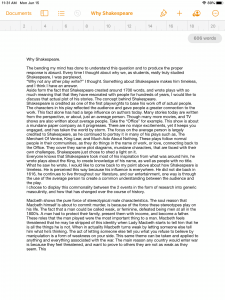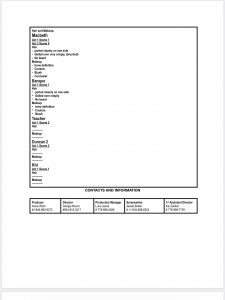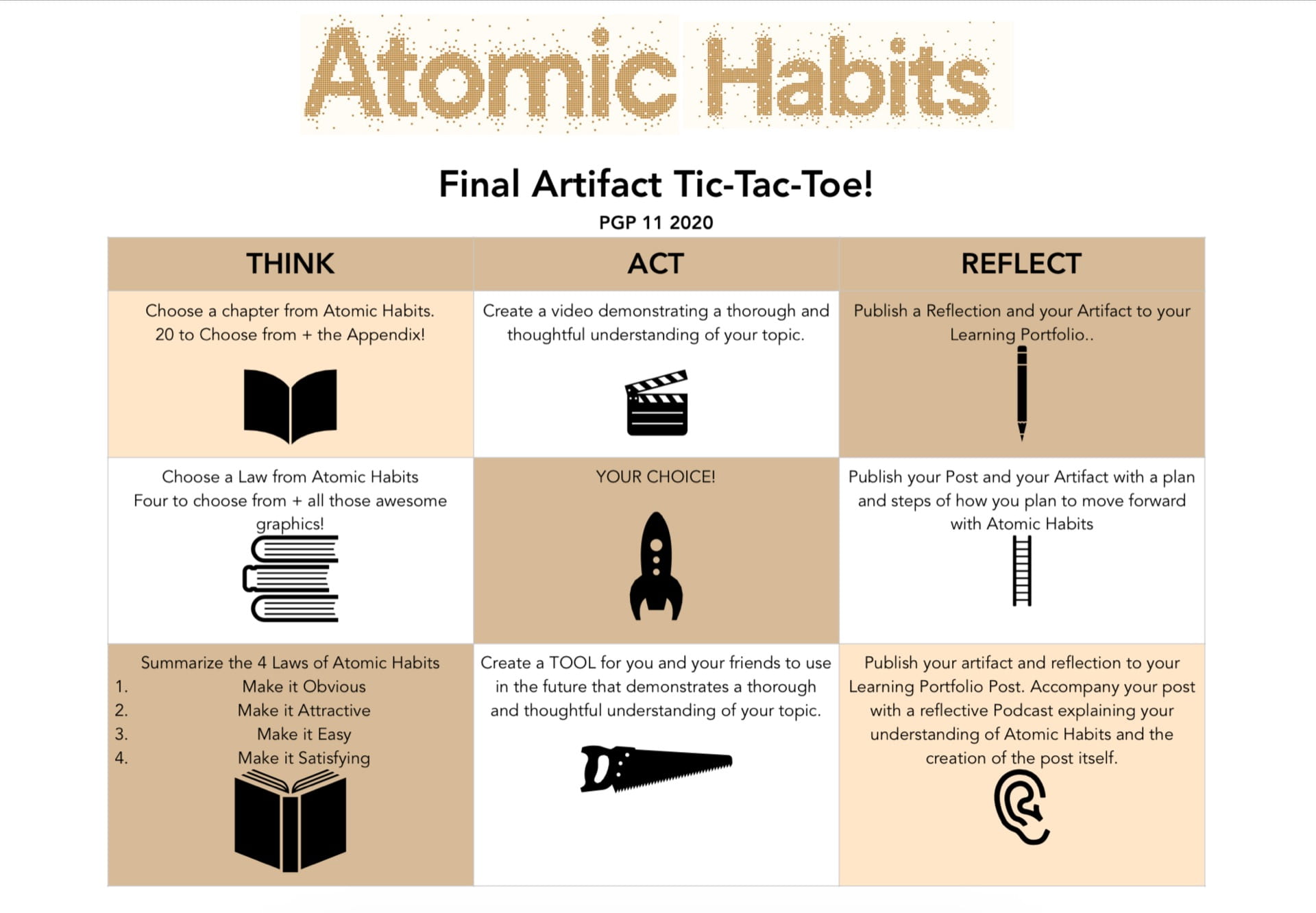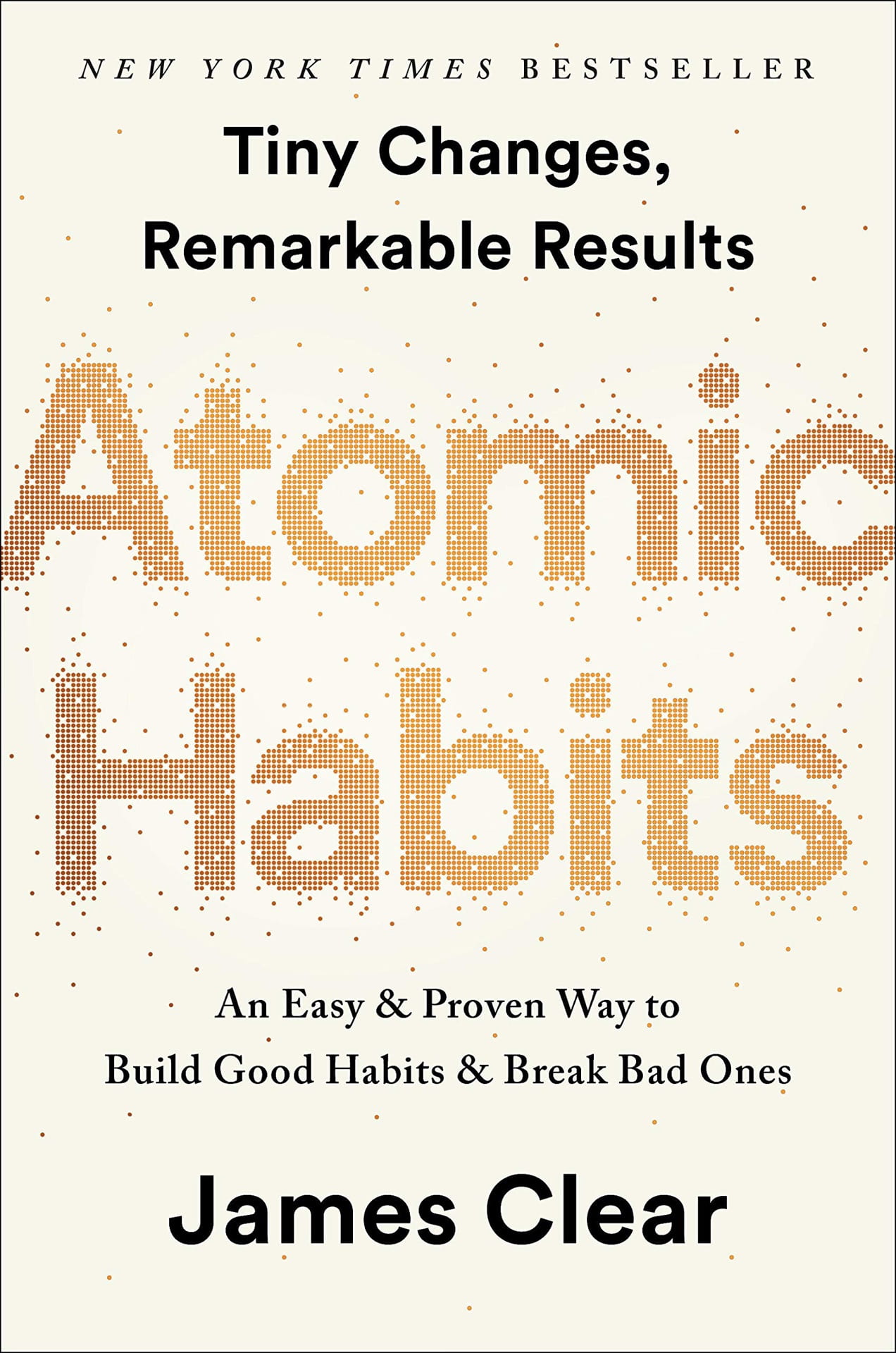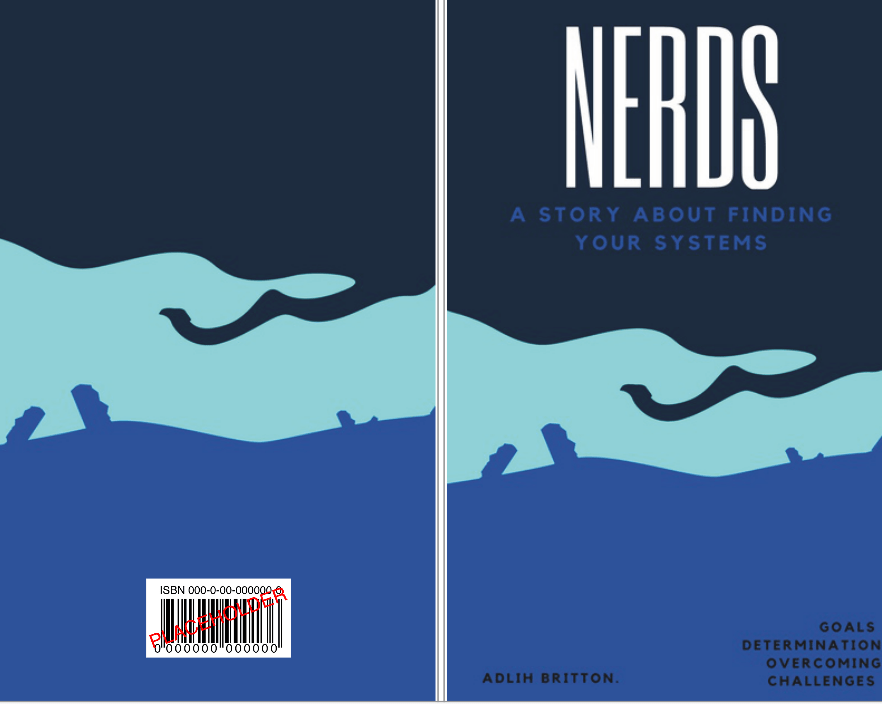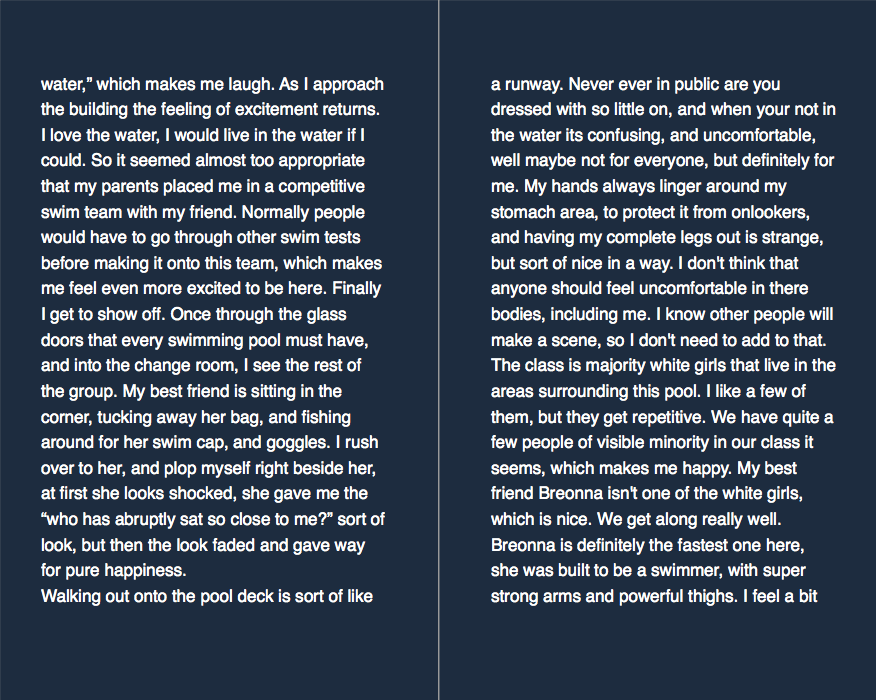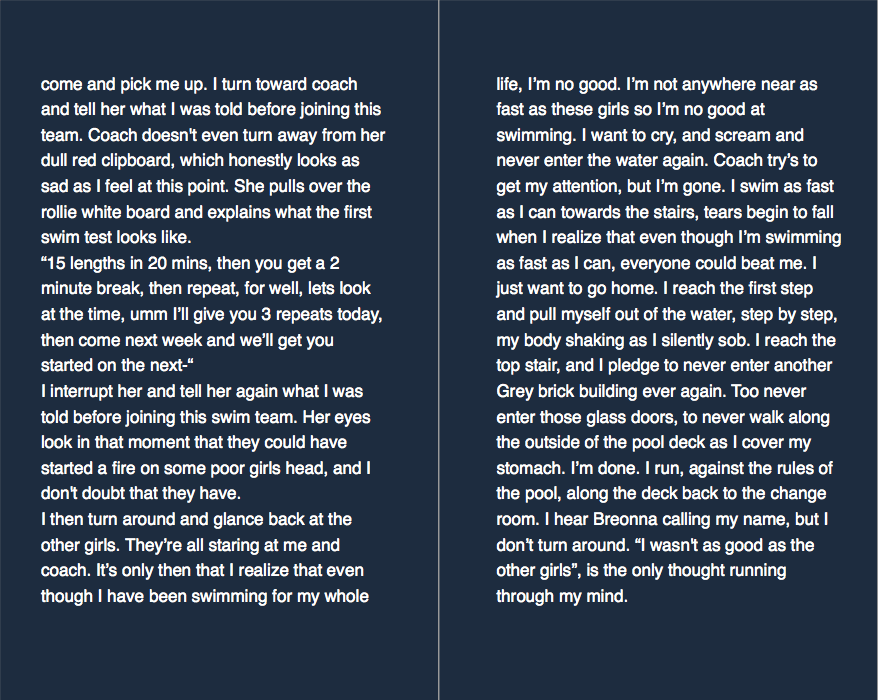Why do I feel I am ready to advance to the next grade? Why did I feel I was ready to advance to the next grade last year? Or the year before? Definitely not my spelling, or my grammar. My writing has become better, but that isn’t the only reason I should advance to the next grade, is it?
Hopefully this video makes it clear what it is.
If you chose not to watch the video, saving me some humiliation, I would like to talk about something I came upon when creating a time capsule video for this TPOL. Which I am keeping tucked away safe, because this TPOL has already been too humiliating. This concept that I strolled across, is the concept of school being fun. We all “hate” school. Who wants to do work? No one, thats who. But recently I have been receiving a lot of recognition for my work, and it made me think, why have I all of a sudden found this sweet spot of work, where I work hard, but homework doesn’t control me, and where I get recognized. I pondered this, and I realized that the only answer that I could come up with was that school is enjoyable, so any work load isn’t something that makes me uncomfortable, and this also explains why I can put my best work forwards.
“Its just…. It’s fun. Learning is fun, and I think that thats the biggest thing I should always remember. Is that, if learnings not fun, I’m doing it wrong. And that I just need to stay realizing that growing the understanding and the education that I already have is a pleasure, and its a privilege. And I think thats what I’ve been able to see this year, and I think thats why I should advance to grade 12.” – Quote from me. from my time capsule for this 2020 TPOL.




